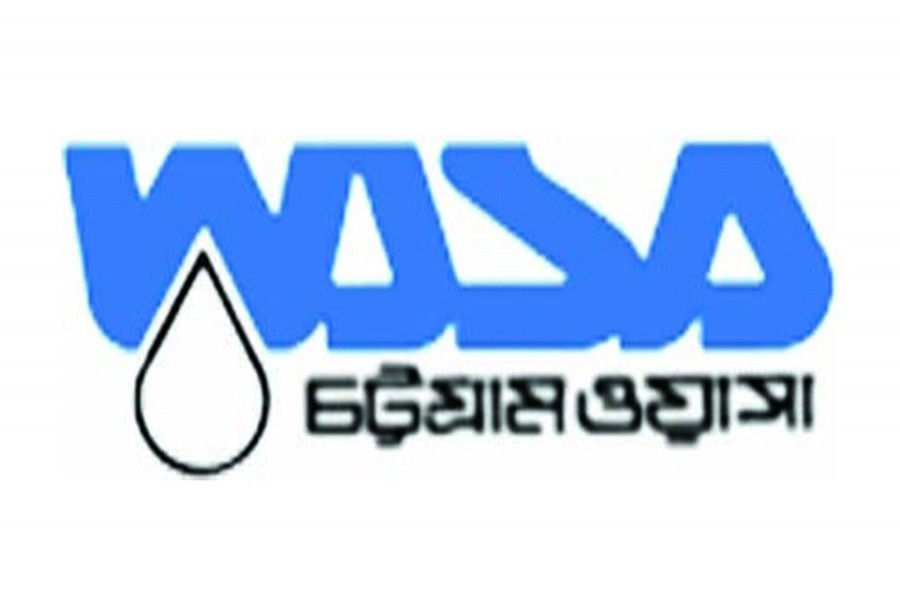Chattogram Water Supply and Sewerage Authority (CWASA) has taken a Tk 10.36 billion water plant project - Bhandal Jhuri Water Supply Project (BJWSP) - aiming to meet the growing water demand of city dwellers.
"The construction work of the project will begin within December this year and the project will be completed by June 2022," said BJWSP project director Mahabubul Alam.
He said the CWASA has already appointed South Korean consultant firms - Dong Myeong Engineering Consultants, Architecture Company Ltd and Korea & Consortium - and the firms will submit their reports before CWASA within July next.
A tender will be floated for the construction of physical works of the project by the first week of August next, Mahbub added.
He said the acquisition of 50 acres land is completed for constructing two reservoirs on the bank of Karnaphuli River at Justopura village under Boalkhali upazila and power connections have already been given to the project site.
Of the total project cost of Tk 10.36 billion, Korean Exim Bank will finance Tk 7.54 billion as soft loan while Tk 2.62 billion will be given by the government exchequer and the rest of the amount of Tk 200 million will be provided by the CWASA authority.
Mahbub said the water plant project, which includes a 60-kilometre water transmission line, a water treatment plant and two water reservoirs, will generate some 60 million litres of water daily.
He said a total of 75 per cent water will be supplied to Chattogram south district areas, including Patiya, Anwara, Karnaphuli and Boalkhali upazila from Bhandal Jhuri Water Treatment Plant.
On 5 January, 2016, the Executive Committee of National Economic Council (ECNEC) approved the Bhandal Jhuri Water Supply Project (BJWSP).
CWASA managing director Engr Faizullah said that the production of CWASA now meets only 62 per cent water demand of city dwellers.
But, he said, the water demand is on the rise here keeping pace with the growing number of industries and city dwellers.
CWASA is currently supplying around 340 million litres of water daily from Mohora and Rangunia water plants through pipelines against the demand of 500-550 million litres.
Besides, CWASA is supplying water to the city dwellers from 45 deep tube-wells, reports BSS.


